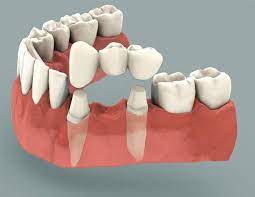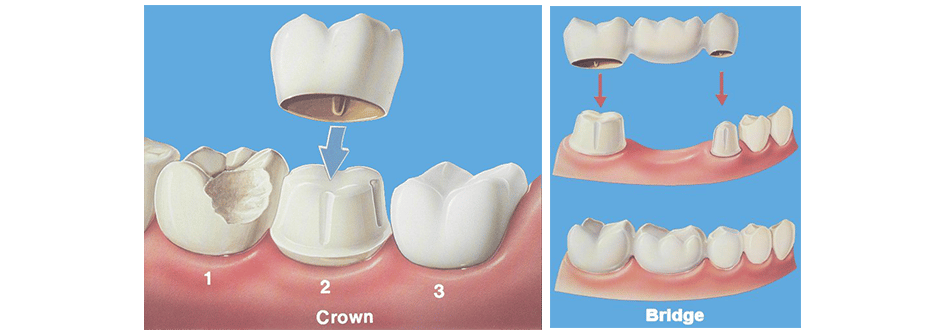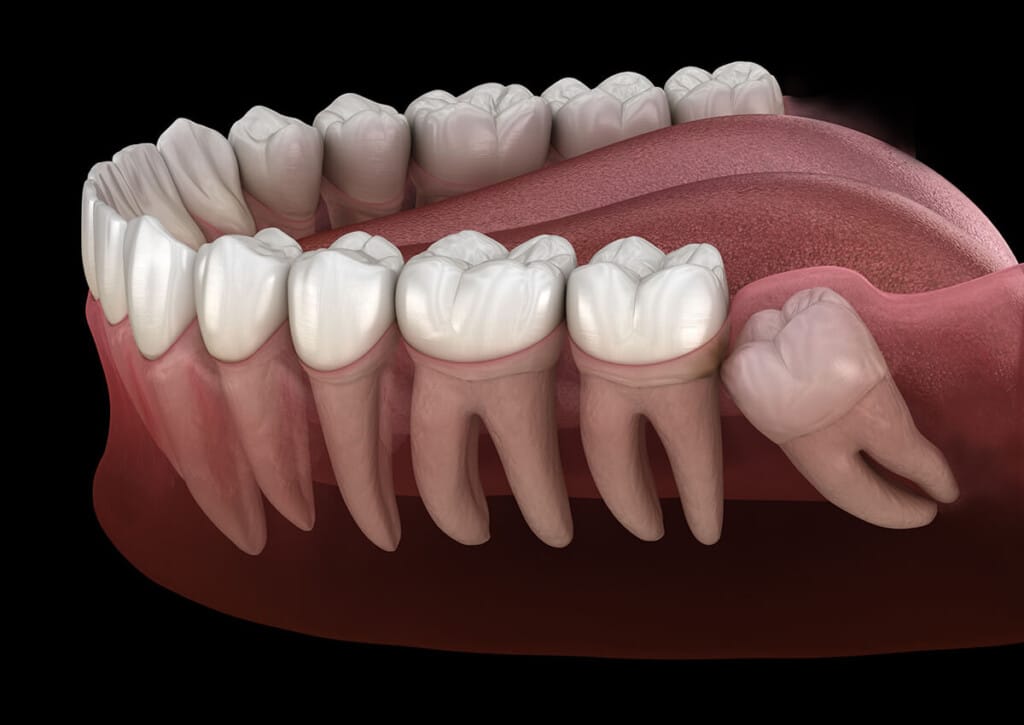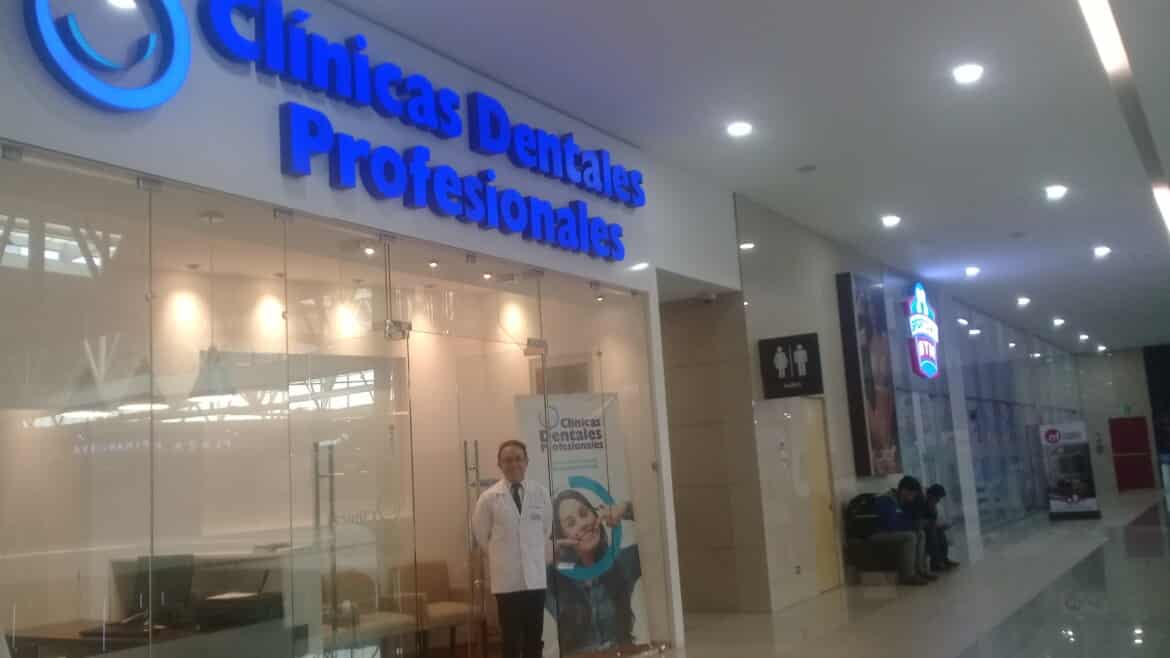If you are looking for a health experience that is focused on improving your overall mental, physical, and emotional well-being then Guatemala has plenty to offer. Visit the mesmerizing destination of Lake Atitlan where you can relax in one of the most naturally stunning destinations of its type in the world. Experience the thriving Mayan culture of Quetzaltenango where the Maya still carry out ancient ancestral practices, use medicinal plants, and visit “temascales” which is a Mám Mayan word for specialized saunas connected to ritual practices.
Here is some procedures you can do in one week traveling to Guatemala:
- Dental bridges:
Dental bridge procedures are designed for patients who have lost their teeth due to decay, prior extractions, or accidents. The procedure is simple and does not require pre-treatment.
How will the treatment process work while I’m travelling in Guatemala?
First appointment
- Assessment of suitability for the procedure
- X-ray assessment
- Anesthesia administered
- Preparation of the teeth that will support the bridge
- Dental impressions
- Temporary bridge placement
- Impressions are sent to the lab
Second appointment
- Temporary bridge removal
- Application of dental bridge fixing cement
- Bridge adjustment
Amongst the equipment used, in order to ensure the procedure’s success, are dental implants, high-speed drills and digital X-rays. Given the length of the procedure, a minimum stay in Xela of 8 days is required. This covers the initial and final appointments, which last approximately one hour each. There may be sensitivity during and after treatment for which your dentist will prescribe a painkiller. You are also advised to avoid any type of strenuous physical activity.

- Crowns and bridges:
Crowns are used to repair a broken or weakened tooth. The dentist prepares the tooth for the placement of the crown. An impression of the tooth is then taken and sent to the laboratory. The patient’s first appointment ends with the placement of a temporary crown that will protect the tooth while the final crown is completed.
After three or four days the final crown is ready to be cemented in place. Crowns are as strong as the original tooth, and with proper care, they can last a lifetime.
Patients who have had a broken tooth or undergone a root canal treatment will require a crown to improve their dental health.
There are also other cases that may require this procedure:
- When a tooth is weak and cannot support itself
- When the tooth is deformed or discolored
- In order to hold a bridge in place
- To replace old crowns
- As part of a dental implant
- To support a tooth where a filling would be too large for the tooth to support
No recovery time is required after this procedure is performed. Patients will have the freedom to take part in the activities organized by THGuatemala.
How will the treatment process work while I’m travelling in Guatemala?
- You select the type of crown you want: Porcelain, Amalgam or a composite like Zirconium.
- The original tooth is prepared for the placement of the crown
- An impression of the reshaped tooth is taken
- The provisional crown is fixed in place
- The impression is sent to a dental laboratory
- Within a week the crown is permanently fixed in place
Note: There may be sensitivity for a couple of days after the treatment for which your dentist will prescribe a painkiller. You are also advised to avoid any type of strenuous physical activity. The whole procedure lasts about 8 days from the initial appointment to the final procedure. You will have two appointments of approximately one hour each. Given the length of the procedure, a minimum stay in Xela of 8 days is required. While in Xela the patient will be able to experience Guatemalan culture during their stay with daily guided excursions.

- Wisdom teeth extraction:
Not all wisdom teeth must be removed when present. Intervention is usually required when the teeth are in an abnormal position. This means they either cannot or have only partially emerged, or that they are impacting against the second molars. Removal of wisdom teeth should only be performed in the following situations:
- The wisdom tooth has problems erupting
- Repeated infections occur
- There is insufficient space which causes pain or the tooth’s positioning to be problematic
- Where cysts develop
- When they are likely to cause damage to the second molar
- They interfere with prosthesis placement or orthodontics
What is the procedure for removing the tooth?
The vast majority of procedures are carried out in the dental office under local anesthesia. Other anesthetic procedures such as general anesthesia or assisted sedation are also available. This is a highly recommended alternative for those who have a phobia of extractions or do not need to be conscious during the procedure. Another reason for the procedure is that many patients come to the dentist due to pain in the wisdom tooth which in many cases is caused by infection. In this case, it is necessary to prescribe antibiotics before proceeding with the extraction in order to get rid of the infection.
The procedure can be carried out using a variety of methods and the one that is best suited to the patient’s circumstances will be chosen. Some procedures require the gum to be opened in order to get to the wisdom tooth or the wisdom tooth may have to be cut into small pieces in order to carry out the extraction. After the procedure stitches may be necessary. There are also a number of common side effects such as moderate pain in the affected area or difficulty chewing. Painkillers are recommended to ease these symptoms. This procedure is generally categorized as being relatively simple and practically painless for the patient, despite the anxiety many people feel about extraction.
The entire procedure takes about 30 minutes for each tooth. Post-procedure the patient will have swelling and pain for a few days.
The full recovery time for a wisdom tooth extraction takes one or two weeks, depending on each case. The following advice should be followed to aid recovery:
- Take medication prescribed by the dentist
- Apply ice on the cheek
- Up your oral hygiene routine
- Rinse with warm water and salt every 2/3 hours
- Follow a soft diet
- Do not exercise after the procedure
- Do not drink very hot liquids
- Do not smoke at least for the first 24 hours after the procedure
The patient will normally have to return a week after the procedure in order to get the stitches removed.

If you need more information about procedures and tips about traveling Guatemala, feel free to keep in touch with us info@thguatemala.com or what´s app +502-46454796

